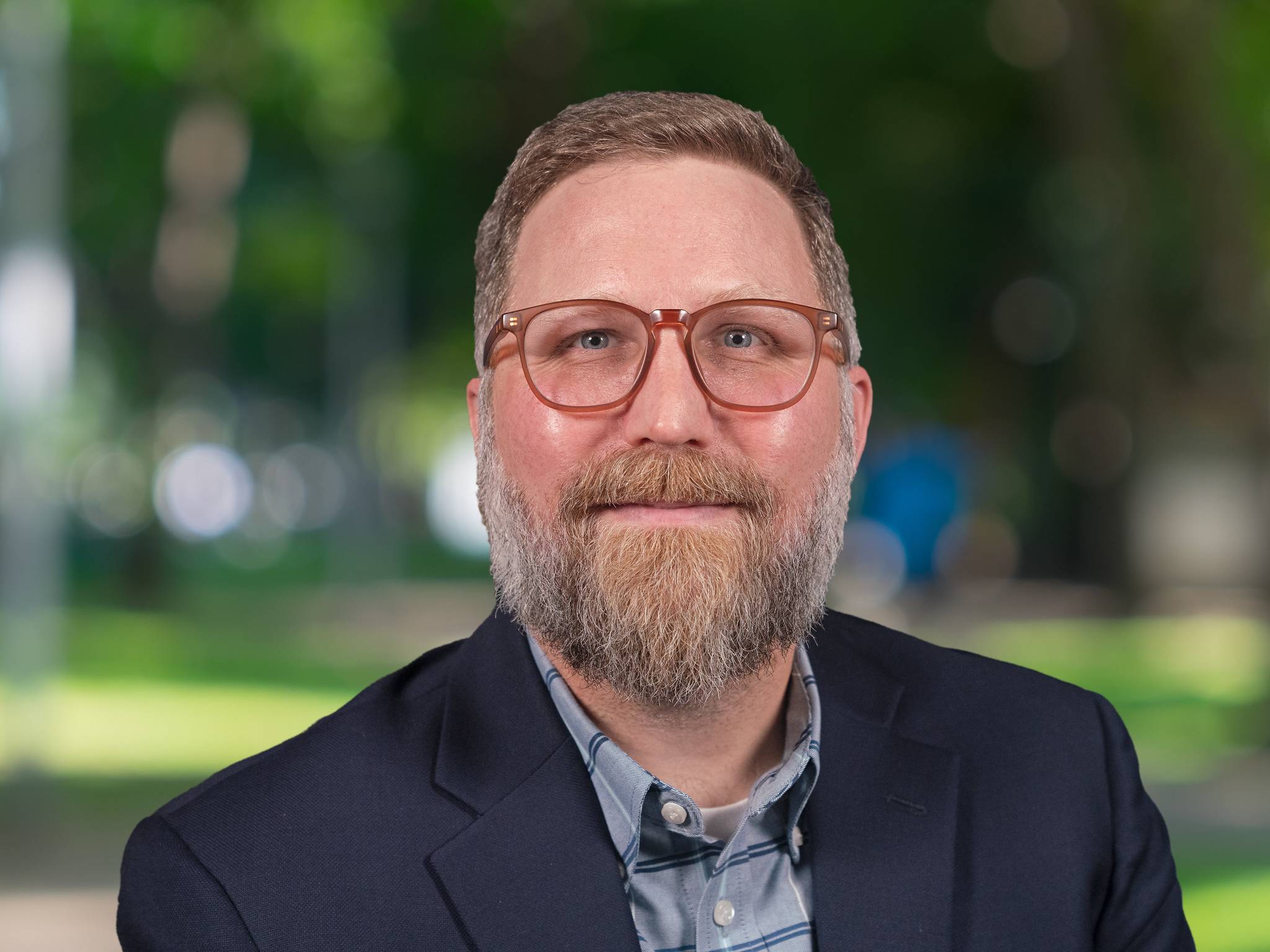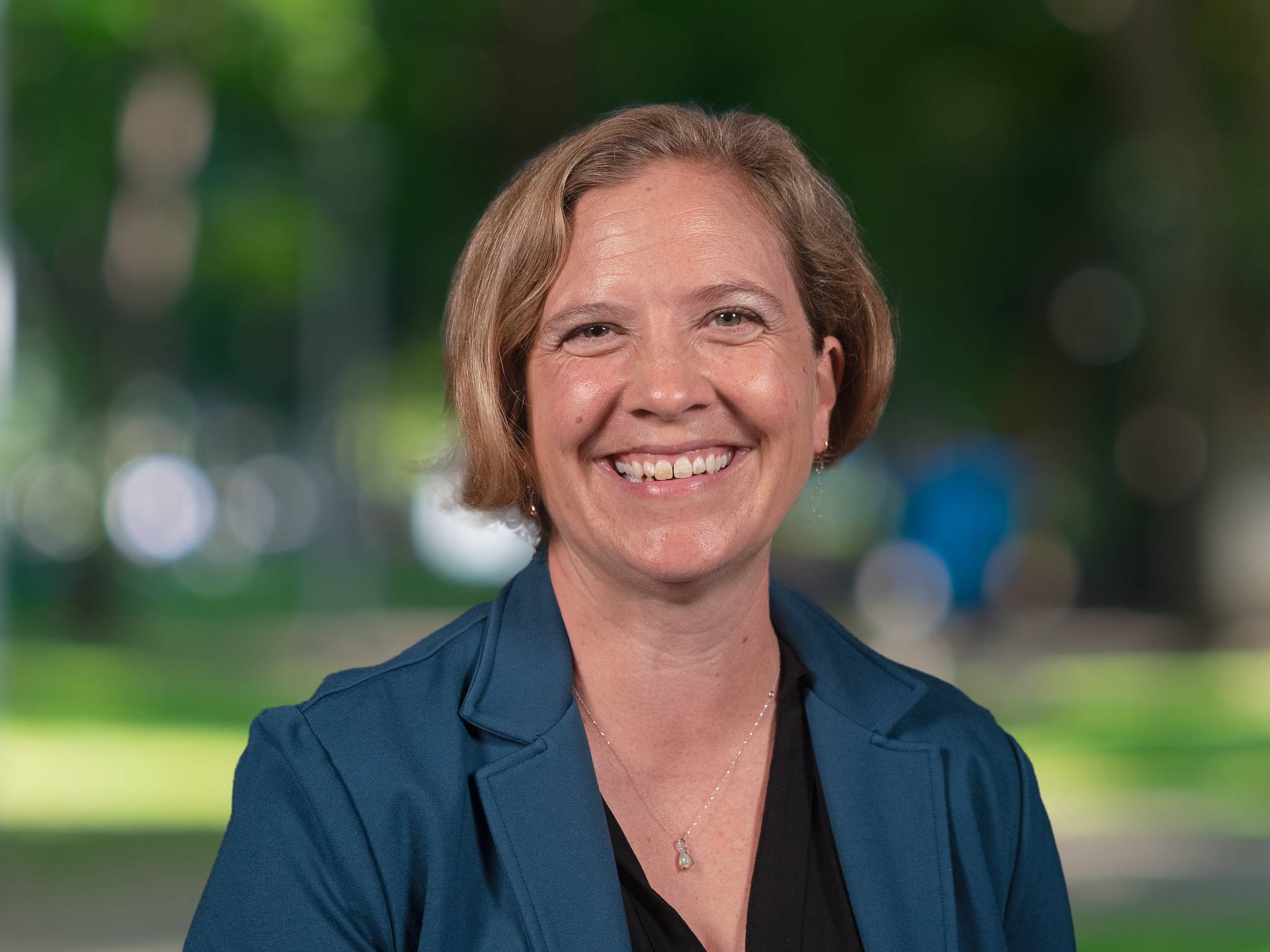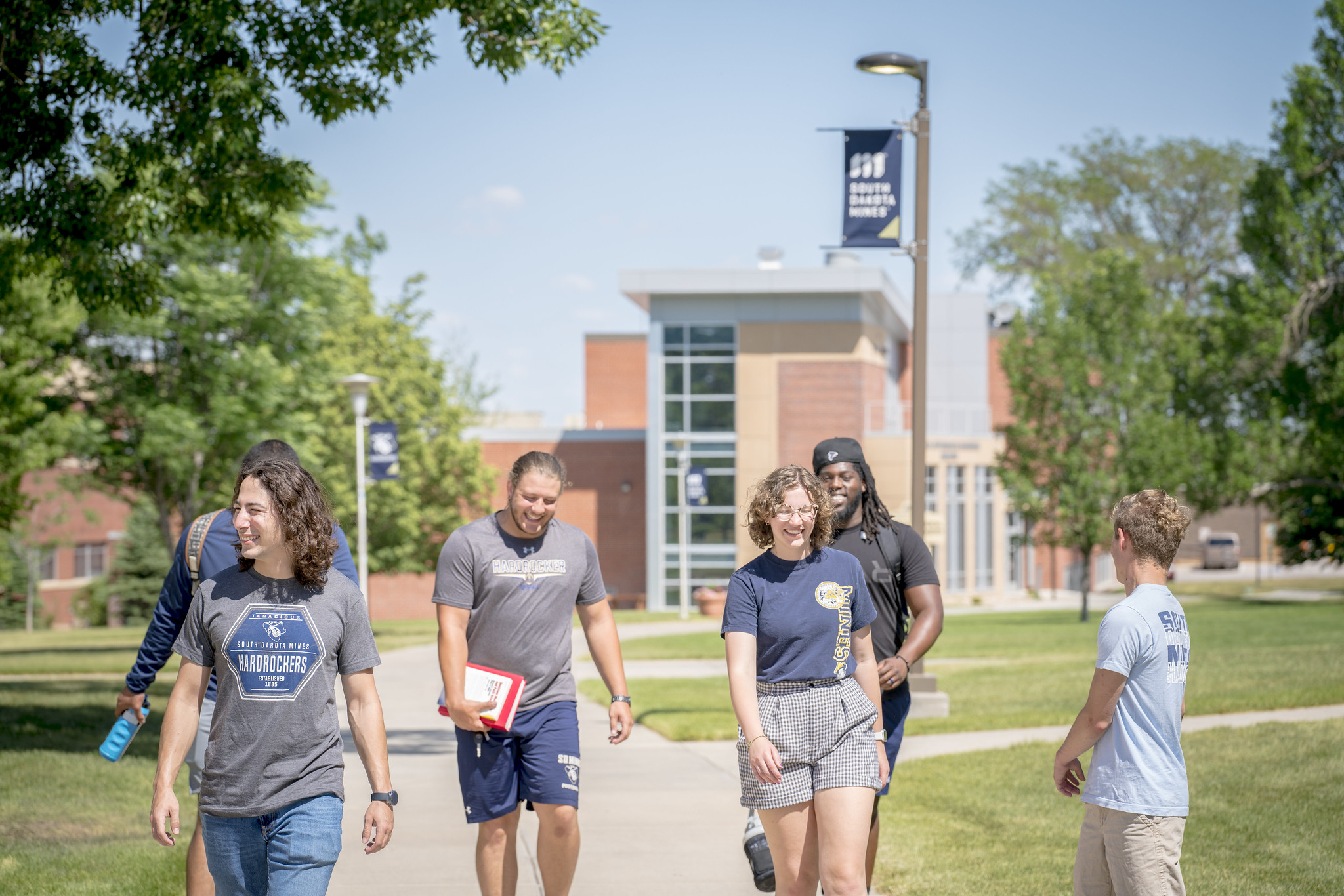Humanities, Arts & Social Sciences
Explore. Connect. Create.
The Department of Humanities, Arts, and Social Sciences (HASS) at South Dakota Mines offers students the opportunity to explore, connect, and create. With over 10 distinct academic disciplines represented in HASS, our students explore a wide range of topics and perspectives.
Students in HASS courses discover the early days of computing in the Victorian era, investigate philosophical issues involving scientific knowledge, and consider political and ethical questions around society, nature, and technology. HASS fosters connections among students and between disciplines through engaging discussions and collaborative projects that both build on and extend beyond students’ STEM interests. Our department is a hub for creativity on campus. Through our course offerings in humanities, art, and music, as well as the Apex Gallery and Music Center, we encourage students' artistic expression and creative thinking.
HASS plays an important role in the development of foundational skills essential for student success at Mines. Our department offers general education courses that satisfy the following goals:
Goal 1: Written Communication
Goal 2: Oral Communication
Goal 3: Social Sciences
Goal 4: Arts and Humanities
Our degree programs include the Associate of Arts in General Studies and the Bachelor of Science in Science, Technology, and Society (STS). We also offer a minor in STS and certificates in American Civic Traditions and Basic Spanish Language Proficiency.
Science, Technology, and Society is an interdisciplinary field grounded in the humanities and social sciences that examines how society shapes scientific advances and technological change, and vice versa. The B.S. in Science, Technology, and Society (STS) degree offers an ideal blend of the humanities, social sciences, natural sciences, and engineering for those interested in careers at the intersection of technological innovation, scientific advancement, and social impact. This flexible, interdisciplinary degree prepares students for successful careers in various fields and graduate programs in law, environmental studies, policy, and business. Find out more about the STS program and HASS by visiting our blog: The Novum.
Academic Excellence
Meet Our Faculty
Kyle W Knight

Haley S Armstrong
Recent Publications by Faculty in the Department of Humanities, Arts, and Social Sciences
Gibson, Jonathan. (2024). Trauma, early life stress, and mindfulness in adulthood. BMC psychology, 12(1), 71.
Showler, Paul. (2024). The moral status of social robots: A pragmatic approach. Philosophy & Technology, 37(2), 51.
Showler, Paul. (2024). Putting the Pragmatic Account of Moral Status to Work: a Reply to Gordon. Philosophy & Technology, 37(3), 78.
Tellmann, Bryce. D. (2024). Memories on Steel and Vinyl: The Northern Pacific Railway and the Sound of Memory. International Journal of Communication, 18, 18.
Tidwell, Christy. "Haunted Earth: Genre, Preservation, and Surviving the End of the World in Jeff VanderMeer’s Hummingbird Salamander." Studies in American Fiction, vol. 50 no. 1, 2023, p. 253-273. Project MUSE.
Pritchard, Kayla. (2023). Unclear Motherhood: Ambiguity and Role Conflict Among Double Mothers. Journal of Divorce & Remarriage, 64(2-4), 130-155.
Thomas, Evan & Haugtvedt, Erica. (2023). Serial characterization as a feminist ethics of care in Better Call Saul. Journal of Popular Television, 11(3), 245-260.
Van Nuys, Frank. 2023. “The Politics of Nature: ‘Conserving, Protecting, and Improving’ Wildlife and Parks during the ‘Age of Norbeck,” in Old Trails and New Roads in South Dakota History, edited by Jon K. Lauck (Center for Western Studies, Augustana University).
Haugtvedt, Erica. Transfictional Character and Transmedia Storyworlds in the British Nineteenth Century. Cham: Palgrave Macmillan, 2022.
Activities and Organizations
Participation in student organizations allows you to develop the teaming and leadership skills integral to professional success. You’ll also build a record of volunteer work valued and expected by the professional and graduate programs in your chosen career field.
Have more questions?
Humanities, Arts, Social Sciences Administrative Assistant Office: CB333
Mailing Address
Department Humanities, Arts, and Social Sciences
501 East Saint Joseph Street, CB333
Rapid City, SD 57701
